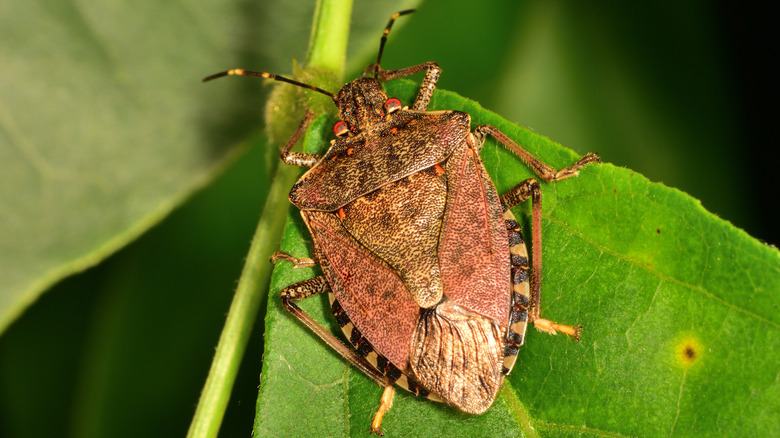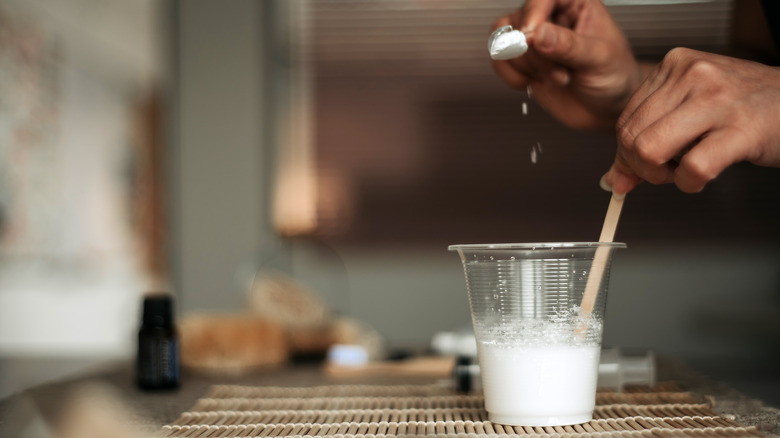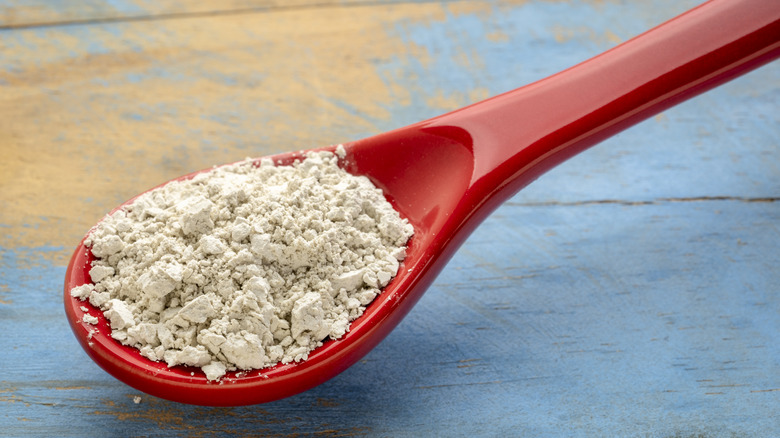Is Baking Soda Really An Effective Stink Bug Killer?
Stink bugs, notorious for their persistent presence and the unpleasant odor they emit when threatened or crushed, have been a longtime nuisance. If they've infested your home or yard, you're probably searching for an effective elimination method. One solution that often comes up is baking soda. Some pest control companies and DIY enthusiasts tout it as an effective stink bug killer. It's said to dehydrate and kill these pests. However, this claim is mostly based on anecdotal evidence; scientific research specifically targeting the efficacy of baking soda against stink bugs is limited.
It helps to first understand the nature of stink bugs to effectively eliminate them. These insects, scientifically known as Halyomorpha halys, are more than just a pest. They are resilient and tend to invade in large numbers, causing significant damage to gardens and crops. Even though there's minimal scientific evidence backing the use of baking soda as a stink bug killer, it's still worth a try. These bugs can be a real headache, and sometimes unconventional methods can offer surprising results. However, a singular focus on baking soda as your main line of defense might not be enough. It would help if you combined it with other tried-and-true methods to ensure your home is stink-bug-free. Remember, when eliminating stink bugs, don't just focus on the ones you see; it's about preventing their return. So, while you explore the potential of baking soda, stay open to integrating other elimination methods.
How to make and apply the baking soda solution
If you're set on using baking soda to tackle stink bugs, first mix equal parts baking soda and water to form a paste, but note: knowing where to apply this paste is crucial. Stink bugs have a knack for entering homes, particularly during cooler seasons, in search of warmth and shelter. They typically enter homes through small openings and look for gaps in window frames, doorways, or cracks in the foundation. They're also attracted to warmth, so check sunny windowsills, behind curtains, and near radiators. They like to hide in secluded spots like under furniture, in closets, and even among stored items. So, if you're applying baking soda, focus on these areas.
Apply the paste with precision. Using a small brush or a cloth, dab it directly onto any stink bugs you find. Be thorough in your application to ensure the paste fully covers the bugs. Let the paste sit for a few hours, which is needed to dehydrate the bugs. After a few hours, check the treated areas, and clean up and dispose of any dead stink bugs. Remember that this method might require several applications for a noticeable effect. You have to regularly inspect those areas and reapply to prevent future infestations.
Combining methods for enhanced effectiveness
While the baking soda method might offer some relief, it's always best to combine it with other techniques. One effective addition is diatomaceous earth. The potency of this natural substance against insects comes with a lot of anecdotal and scientific evidence. It works by dehydrating the insects, and you can sprinkle DE around potential entry points and in areas where stink bugs are often seen. It's especially effective along windowsills, doorways, and other areas where these bugs might enter your home. Like with baking soda, remember that consistency is key; you may need to reapply DE periodically.
Another alternative is using vinegar. A solution of vinegar can act as a repellent, and although evidence is limited, some pest control companies suggest it works against stink bugs. However, be mindful of the surfaces you're spraying on, as vinegar can be corrosive. Apart from these methods, it always helps to maintain a clean and clutter-free home that can deter stink bugs. Bugs are generally attracted to mess and clutter, so regular cleaning can help keep them away. Also, ensure your home is well-sealed. Check for cracks or openings in the exterior of your house and seal them. Pay special attention to areas around windows, doors, and the foundation. If all else fails, it might be best to call a pest control company. They have the tools and technical know-how for effective elimination.


